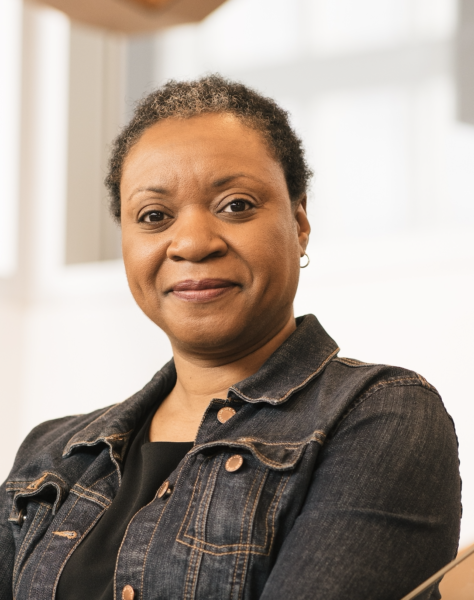New report highlights need for emergency planning to increase equity in access to education
York U education expert says COVID-19 pandemic has tested emergency plans for teaching
TORONTO, March 10, 2021 – One of the important lessons from the sudden shift to online learning for elementary and secondary students − at the beginning of the pandemic and again this January − is that emergency planning is needed to increase equity in access to education, says York University Professor Sarah Barrett.
It is almost one year since schools began to close in Ontario, and they closed again in January. Barrett, a professor in York’s Faculty of Education, surveyed 764 teachers last May and June, and did in-depth interviews with 50 of them. These interviews informed specific recommendations which are documented in a new report.
A number of themes emerged in the teachers’ responses. Many were concerned about the sudden disruption to relationships with students of all ages. Play-based learning for young children became next to impossible, they said. They also cited lack of student engagement, exacerbated in special education courses in particular when students learned their grades would not drop below where they were on March 13.
The following were key recommendations informed by the data from the report:
- Emergency plans to ensure all students have equitable access to quality education should school buildings have to be shut down again.
- Communication that is two-way and timely during a crisis between the Ministry of Education and school boards and teacher federations, between school boards and schools, and between schools and teachers.
- Flexibility as one size does not fit all student learning and teaching
- Professional Development through Coaching rather than courses
 Due to the suddenness of the change to online learning, some disruption was inevitable. However, the experiences with shutdowns this year have highlighted the need for emergency planning, so the logistics are in place to address the needs of vulnerable students, says Barrett. Emergency planning will be especially important in ensuring equitable access to education for students with special needs, those living in poverty, racialized or Indigenous students, English-language learners, and adult students, she said.
Due to the suddenness of the change to online learning, some disruption was inevitable. However, the experiences with shutdowns this year have highlighted the need for emergency planning, so the logistics are in place to address the needs of vulnerable students, says Barrett. Emergency planning will be especially important in ensuring equitable access to education for students with special needs, those living in poverty, racialized or Indigenous students, English-language learners, and adult students, she said.
“We now have a very good idea of what students need when school buildings are shut down. Having emergency plans in place which reflect what we have learned would help school boards and teachers respond to them more quickly in any future lockdowns,” says Barrett.
Barrett is available to comment on a number of areas which her report concludes should be addressed in emergency plans including recommendations for future planning in coming months and years.
York University is a modern, multi-campus, urban university located in Toronto, Ontario. Backed by a diverse group of students, faculty, staff, alumni and partners, we bring a uniquely global perspective to help solve societal challenges, drive positive change and prepare our students for success. York's fully bilingual Glendon Campus is home to Southern Ontario's Centre of Excellence for French Language and Bilingual Postsecondary Education. York’s campuses in Costa Rica and India offer students exceptional transnational learning opportunities and innovative programs. Together, we can make things right for our communities, our planet, and our future.
Media Contact:
Anjum Nayyar, York University Media Relations, cell 437 242 1547, anayyar@yorku.ca






